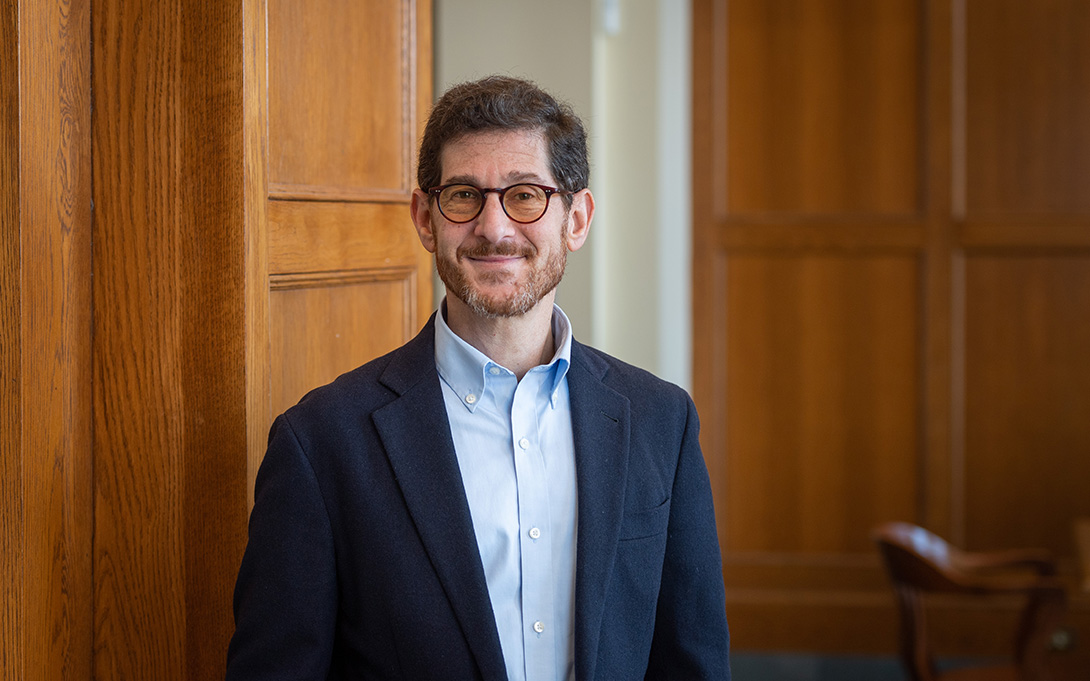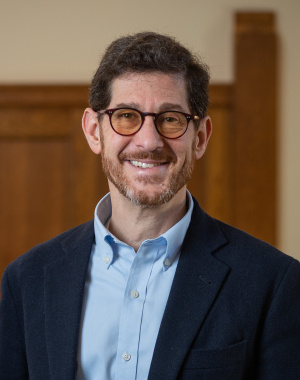
As popularity for career and technical education (CTE) programs increases, education economist Brian Jacob and YPL Project Manager Lynn Meissner make a case for robust data collection and research to understand their long-term impact on students. They noted in a recent opinion featured in Crains Detroit Business that CTE programs enjoy bipartisan support in Michigan and across the United States, and research shows them to have short-term benefits for students.
"With more money likely to be spent on CTE in the upcoming years, it is imperative for policymakers to understand which investments will have the greatest impacts," said Jacob.
Even though more Michigan students are participating in CTE programs than ever before, Jacob says that increased enrollment is not the only goal. Research can be used to ensure policies around the programs have their intended effects to improve long-term education, employment, and life outcomes.
For example, research can help direct CTE resources to unmet student demand, analyze relationships between CTE participation and later employment outcomes, and pinpoint the components of CTE that are most effective.
"While CTE appears to keep students engaged in school and may help smooth the transition to postsecondary education, decision makers need causal research on long-term outcomes to invest in CTE programs in ways that most benefit students, schools, and communities."
